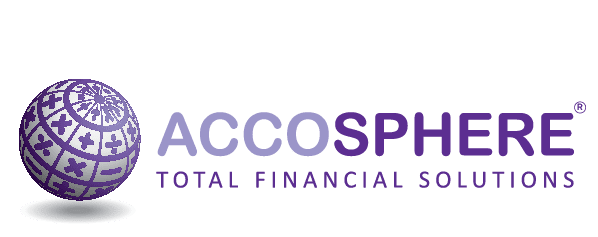Taxation, a vital aspect of financial management for both individuals and corporations, often becomes a complex affair due to the intricate nature of tax laws and regulations. ACCOSPHERE, a seasoned Accounting, Tax Advisory, and Consulting Company based in Goa, India, recognizes the challenges posed by tax litigations. In this article, we delve into how Generative Artificial Intelligence (AI) can be a pivotal tool in reducing errors in tax filings and mitigating the risks of tax litigations.
Understanding the Complexity of Tax Filings
Tax filings are inherently complex, requiring a thorough understanding of various laws, regulations, and their amendments. This complexity often leads to errors in tax filings, which can have significant repercussions, including legal disputes or litigations. Such scenarios not only lead to financial losses but also damage the reputation of businesses.
Generative AI: A Transformative Solution
Generative AI, characterized by its ability to generate new and original content based on learned data patterns, offers a transformative solution in the realm of tax filings. This advanced technology, through its learning algorithms, can understand and interpret tax laws, and assist in accurate tax filings.
Error Reduction in Tax Filings
The primary advantage of incorporating Generative AI into tax filing processes is the significant reduction in errors. Generative AI systems can analyze vast amounts of tax-related data, learn from historical filings, and apply this knowledge to ensure that filings are accurate and compliant with current tax laws. This accuracy is particularly crucial in cases involving complex tax scenarios or for businesses with diverse financial portfolios.
Keeping Up with Regulatory Changes
Tax laws are subject to frequent changes and amendments. Generative AI systems stay abreast of these changes by continuously learning from new data, including amendments and legal updates. This ensures that the tax filings are always in compliance with the latest regulations, significantly reducing the risk of litigations due to non-compliance.
Predictive Analysis for Proactive Tax Planning
Beyond error reduction, Generative AI excels in predictive analysis. By analyzing past tax filings and outcomes, AI can forecast potential future challenges and advise on proactive measures. This predictive capability is invaluable for strategic tax planning, helping businesses to anticipate and mitigate risks before they lead to disputes or litigations.
Automated Documentation and Record Keeping
Generative AI enhances the efficiency of documentation and record-keeping, critical components in defending tax filings during litigations. An AI-driven system can organize and maintain comprehensive records of all filings, supporting documents, and communications, ensuring that businesses are well-prepared for any legal scrutiny.
Navigating Ethical and Practical Challenges
While the benefits of Generative AI in tax filings are clear, it is essential to navigate the ethical and practical challenges. Ensuring data privacy and security is paramount, as is maintaining transparency in AI-driven decisions. Moreover, the human expertise in interpreting complex tax scenarios remains irreplaceable, and AI should be seen as a complement rather than a replacement.
Conclusion: Embracing AI for Enhanced Tax Compliance
In conclusion, the integration of Generative AI into tax filing processes offers a promising avenue to reduce errors and mitigate the risks of tax litigations. For a company like ACCOSPHERE, which is committed to delivering excellence in accounting and tax advisory services, embracing Generative AI is a step towards enhanced compliance, efficiency, and client satisfaction. As we progress into an era where technology becomes increasingly intertwined with financial services, Generative AI stands out as a critical tool in the arsenal of tax professionals, poised to redefine the landscape of tax filings and litigations.
